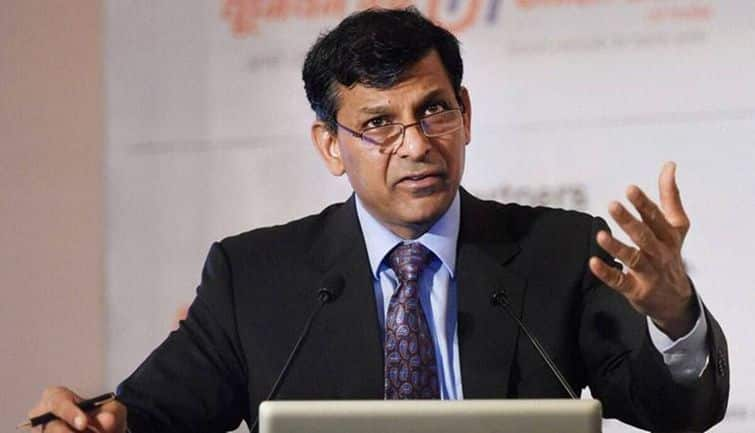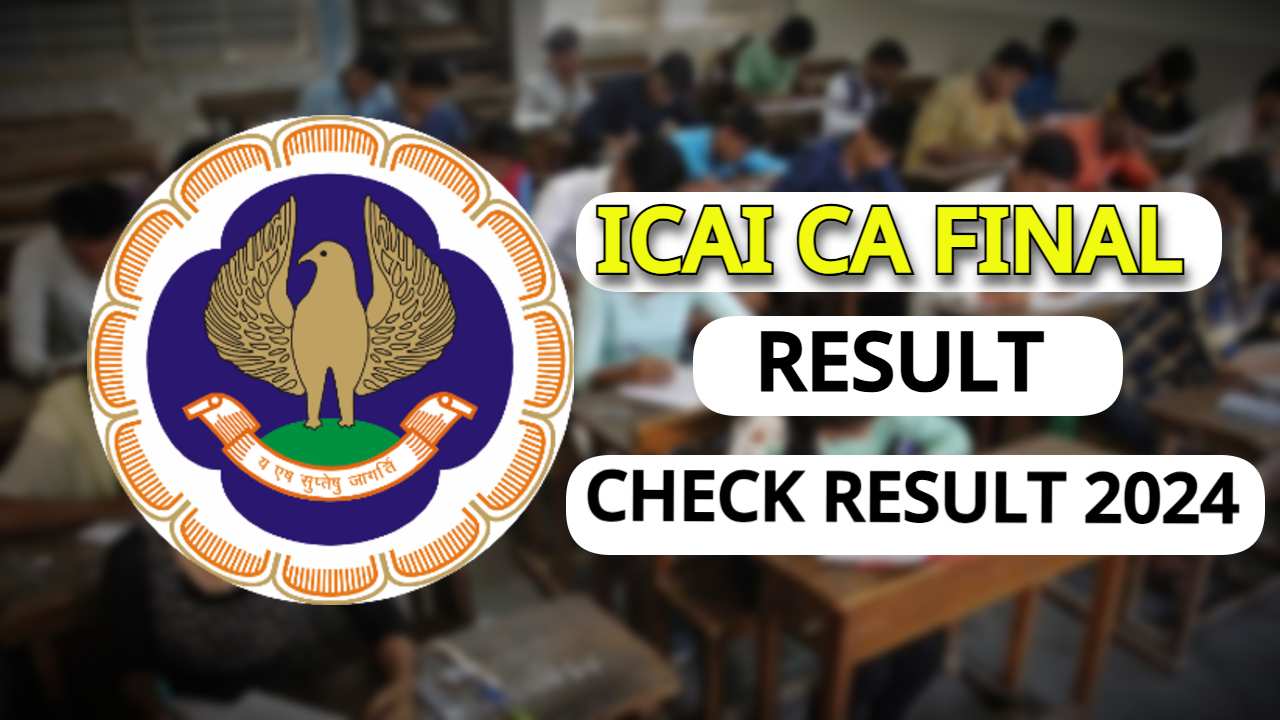Former RBI Governor Raghuram Rajan’s Stance on Food Inflation and Interest Rates
Raghuram Rajan, the former Governor of the Reserve Bank of India (RBI), recently shared his insights regarding the management of inflation and the impact of food prices on interest rate decisions. As discussions arise around the need to potentially exclude food inflation from interest rate calculations, Rajan has voiced significant concerns about this approach. He argues that such a move could undermine public confidence in the RBI’s ability and commitment to control inflation, which is a vital responsibility entrusted to the central bank by the Indian government.
The Implications of Excluding Food Inflation
During a response to suggestions presented in the Economic Survey 2023-24 about excluding food inflation from the benchmark interest rate calculations, Rajan highlighted the disconnect between statistical measures of inflation and the real challenges consumers face daily. He stated, “When the RBI claims that inflation is low based solely on measures like the Producer Price Index (PPI), it does not reflect the experiences of the average consumer.” This perspective emphasizes the importance of incorporating consumer goods and their prices when assessing inflation, ensuring that the RBI’s policies resonate with the public’s lived experiences.
Building Trust in the Central Bank
Rajan expressed that disregarding significant components of inflation, such as food prices, would lead to a lack of trust in the RBI. He cautioned, “If essential items like food continue to see soaring prices, the public will doubt the effectiveness of the central bank’s inflation control measures.” This concern underscores the necessity for the RBI to maintain transparency and accountability in its inflation targeting strategies.
Chief Economic Advisor’s Perspective
Amidst this discussion, Chief Economic Advisor V Ananth Nageswaran proposed that food inflation be omitted from the monetary policy framework, asserting that food prices are primarily influenced by supply-side conditions rather than monetary policy. While agreeing that short-term control over food prices may be challenging, Rajan countered that sustained high food prices signal a broader imbalance between food production and demand. He noted the importance of addressing inflation in other sectors to mitigate the overall inflationary environment.
Retail Inflation Projections
The RBI has recently projected a retail inflation rate of 4.5% for the fiscal year 2024-25, a decrease from the previous fiscal’s rate of 5.4%. This projection reflects the RBI’s efforts to navigate current inflationary pressures while maintaining economic stability.
Addressing Allegations Against SEBI Chief
In addition to discussing inflation, Rajan also commented on the recent allegations against Madhabi Puri Buch, the chairperson of the Securities and Exchange Board of India (SEBI). He emphasized the importance of thorough investigations into any claims put forth, advocating for transparency and a detailed response to each allegation. Rajan stressed that trust in regulatory bodies is paramount, particularly in light of the serious nature of such allegations, which have been deemed false and unfounded by Buch and her husband.
Conclusion
Raghuram Rajan’s insights shed light on the complex interplay between food prices, inflation, and public trust in the central banking framework. His arguments advocate for a comprehensive approach to inflation targeting that incorporates essential commodities, ensuring that the policies enacted reflect the real economic challenges faced by consumers. As India navigates its economic path forward, these discussions remain critical in shaping effective monetary policy.












